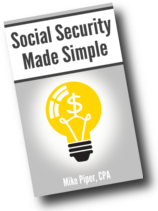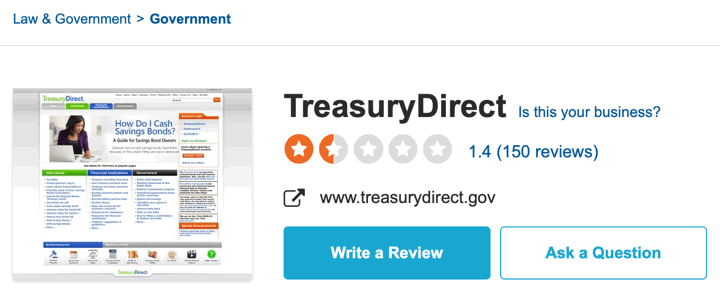As of today, my latest book is available: More Than Enough: A Brief Guide to the Questions That Arise After Realizing You Have More Than You Need.
Among people who read personal finance books, many save a high percentage of their income through most of their careers. One thing that eventually happens for some such people is that they reach a point at which they realize they have not only saved Enough, they have saved More Than Enough. Their desired standard of living in retirement is well secured, and it’s likely that a significant part of the portfolio is eventually going to be left to loved ones and/or charity.
A similar thing can also happen for people simply as a result of the way that spending in retirement usually works. That is, early in retirement, you have to spend at a very low rate — because you don’t know what investment returns you’ll get, you don’t know how long you’ll live, and you don’t know whether you’ll have massive medical expenses later in life. Said differently, it often makes sense to plan for an outcome in which you get poor investment returns and live to age 105 in a nursing home. But most likely, that’s not what’s going to happen. As a result, Enough ultimately turns out to be More Than Enough, most of the time.
And that realization — that you have (or are at some point likely to have) more than enough — raises a whole list of new questions and concerns. Some of those are financial (e.g., how much can I afford to give away to charity during my lifetime?), and some are non-financial (e.g., how should I communicate my estate plan to my intended heirs?).
This book’s goal is to help you answer those questions.
For reference, this book was written largely simultaneously with my previous book (After the Death of Your Spouse), and it actually shares some of the same material (specifically, some of the material about trusts, working with attorneys, and working with financial planners).
The book’s table of contents is as follows:
Part One: Non-Financial Considerations (What’s the goal? And why?)
1. Do You Have More Than Enough?
2. Who Gets the Money?
3. Talking with Your Kids or Other Heirs
Part Two: Financial Considerations
4. Giving and Spending During Your Lifetime
5. Learning to Spend and Give More
6. Impactful Charitable Giving
7. Impactful Investing
8. Reassess Your Asset Allocation
9. Trusts
10. Asset Protection
Part Three: Tax Strategies
11. Qualified Charitable Distributions
12. Donating Appreciated Taxable Assets
13. Deduction Bunching
14. Donor-Advised Funds
15. The Roth Question(s)
16. (State) Estate Taxes
17. Developing a Workable Plan
Part Four: Finding Professional Assistance
18. Working with an Attorney
19. Working with a Financial Planner
Conclusion: Mission Accomplished. Now What?
Afterword: Our Most Limited Resource
If you think the book would be helpful to you or to a loved one, I would encourage you to pick up a copy. (Print version here, Kindle version here.)










